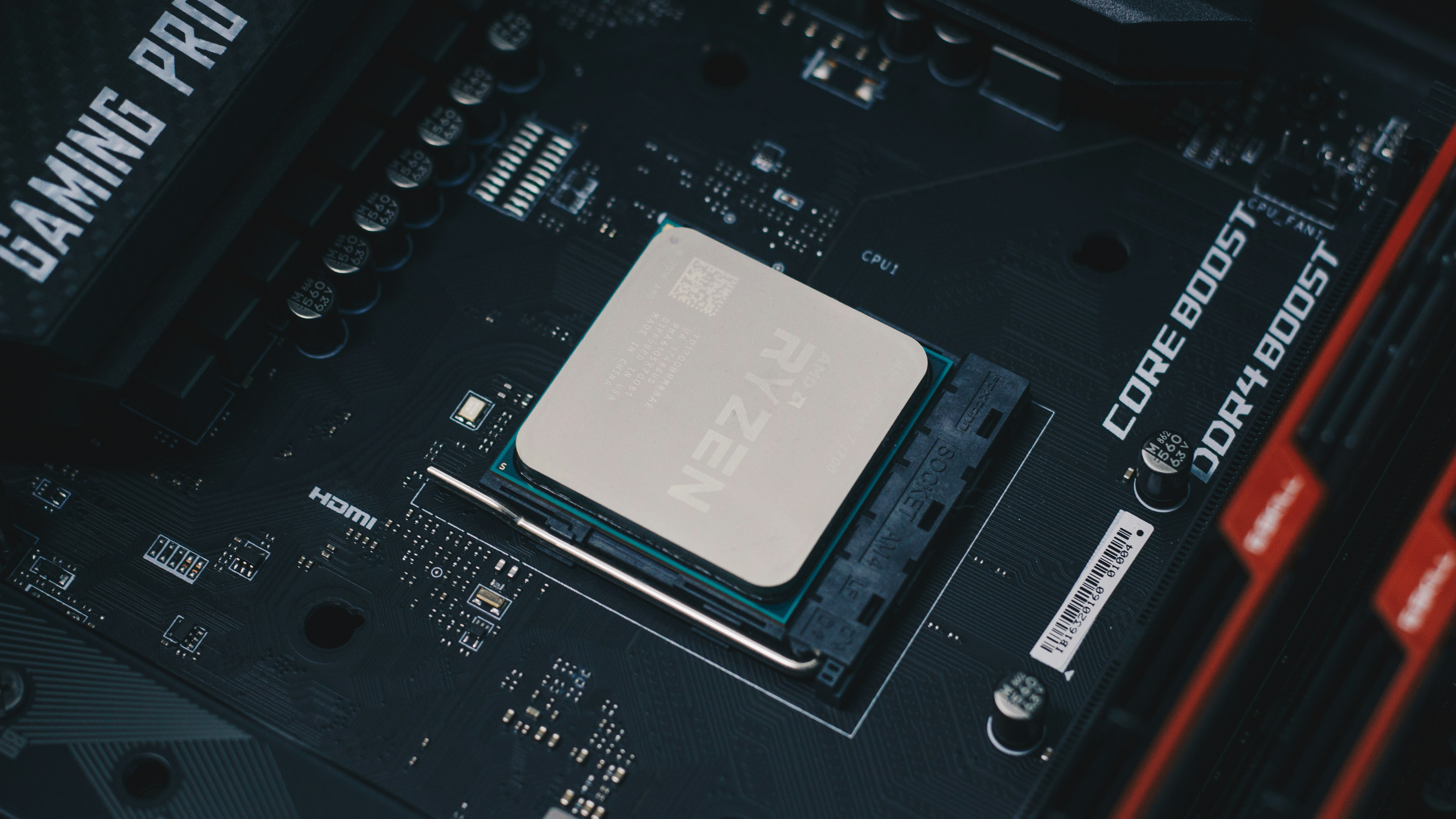Related Jobs
View all jobsProcess Engineer
Process Engineer
Process Engineer
Process Engineer
Process Engineer
Subscribe to Future Tech Insights for the latest jobs & insights, direct to your inbox.
Industry Insights
Discover insightful articles, industry insights, expert tips, and curated resources.

The Future of Semiconductor Jobs: Careers That Don’t Exist Yet
Semiconductors are the hidden foundation of modern life. These microscopic chips power everything from smartphones and laptops to cars, satellites, medical devices, and national defence systems. Without them, today’s digital economy simply wouldn’t exist. Globally, the semiconductor market was worth more than $600 billion in 2023 and is projected to surpass $1 trillion by 2030. Demand is accelerating as industries digitise and technologies like AI, 5G, electric vehicles, renewable energy, and quantum computing expand. In the UK, semiconductors are viewed as strategically vital. The government’s UK Semiconductor Strategy, published in 2023, commits £1 billion over 10 years to research, design, and supply chain resilience. While the UK does not operate mega-fabrication plants like Taiwan or South Korea, it has globally recognised strengths in design, R&D, and compound semiconductors, with hubs in Cambridge, Manchester, and South Wales. The semiconductor industry is undergoing profound change. Traditional silicon-based chips are reaching physical limits, leading to the rise of compound semiconductors, photonics, nanotechnology, and quantum devices. This technological shift will create entirely new jobs. Many of the most important semiconductor careers of the next 20 years don’t exist today. This article explores why semiconductors will create new jobs, the future careers likely to emerge, how current roles will evolve, why the UK is well placed, and how professionals can prepare now.

Seasonal Hiring Peaks for Semiconductor Jobs: The Best Months to Apply & Why
The UK's semiconductor sector has emerged as one of Europe's most strategically crucial and technologically sophisticated industries, with roles spanning from junior design engineers to principal semiconductor scientists and heads of chip development. With semiconductor positions commanding salaries from £35,000 for graduate process engineers to £120,000+ for senior principal engineers, understanding when organisations actively recruit can dramatically accelerate your career progression in this critical and rapidly evolving field. Unlike traditional engineering roles, semiconductor hiring follows distinct patterns influenced by chip development cycles, government technology initiatives, and global supply chain considerations. The sector's unique combination of advanced physics, materials science, and electrical engineering creates predictable hiring windows that strategic professionals can leverage to advance their careers in building tomorrow's microelectronics and integrated circuits. This comprehensive guide explores the optimal timing for semiconductor job applications in the UK, examining how national semiconductor strategies, academic research cycles, and chip technology initiatives influence recruitment patterns, and why strategic timing can determine whether you join a cutting-edge semiconductor development team or miss the opportunity to develop the next generation of microprocessors and integrated circuit solutions.

Pre-Employment Checks for Semiconductor Jobs: DBS, References & Right-to-Work and more Explained
The semiconductor industry represents the foundation of modern technology, with semiconductor professionals playing crucial roles in designing, manufacturing, and advancing the microchips that power everything from smartphones and computers to automotive systems and critical infrastructure. As semiconductors become increasingly strategic to national security and economic competitiveness, pre-employment screening processes have become increasingly rigorous and comprehensive. Semiconductor careers span diverse environments from leading-edge fabrication facilities and design houses to equipment manufacturers, materials suppliers, and emerging compound semiconductor companies. Each sector brings unique screening requirements reflecting the strategic sensitivity of semiconductor technologies, the precision demands of nanoscale manufacturing, and the critical importance of maintaining both intellectual property protection and manufacturing quality standards. Understanding semiconductor pre-employment screening helps professionals navigate career opportunities effectively whilst enabling employers to identify candidates capable of contributing to semiconductor innovation whilst maintaining appropriate security standards, manufacturing excellence, and technical precision. The screening processes examine not only technical semiconductor competencies but also manufacturing discipline, intellectual property awareness, and ability to work effectively in the highly regulated semiconductor ecosystem. This comprehensive guide examines the full spectrum of pre-employment screening practices across semiconductor careers, from basic right-to-work verification through enhanced security clearance processes, technical competency assessment, and industry-specific requirements. Whether pursuing opportunities in chip design, wafer fabrication, process engineering, or semiconductor research leadership, understanding these screening processes enables semiconductor professionals to prepare effectively and advance their careers successfully. The semiconductor sector's unique combination of cutting-edge technology, manufacturing precision, and strategic importance creates screening requirements that reflect both the technical demands of nanoscale engineering and the security considerations of strategically critical technologies. These processes ultimately support the continued advancement of semiconductors by ensuring high professional standards and technical competence necessary for breakthrough semiconductor innovation and responsible technology development.